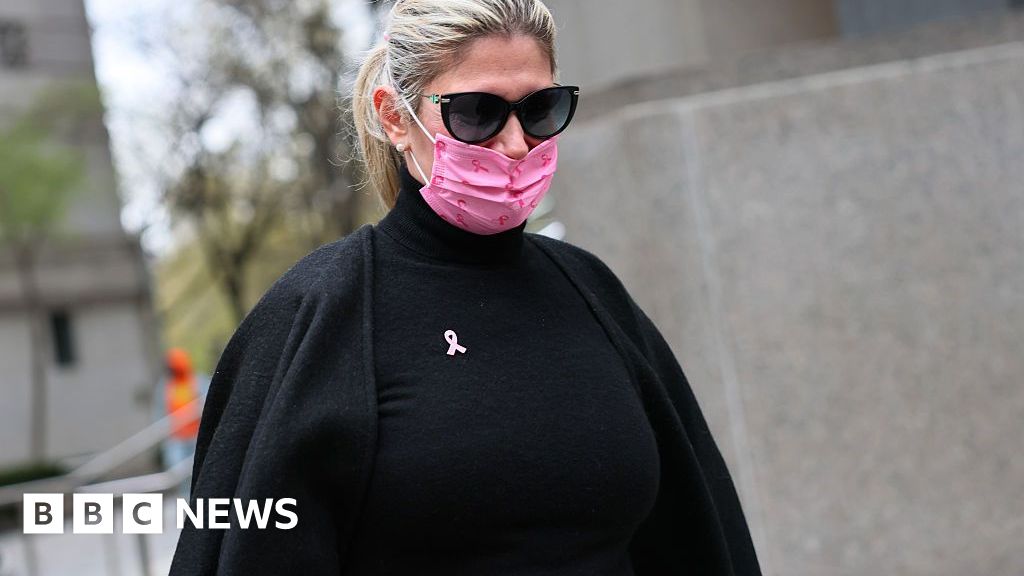ARTICLE AD BOX
 Image source, Getty Images
Image source, Getty Images
Candida auris infection
A deadly fungal infection that is hard to treat is spreading rapidly at an "alarming" rate, says the Centers for Disease Control and Prevention (CDC).
US cases nearly doubled in 2021 from 756 to 1,471, says the CDC report.
Healthy people are not at risk from Candida auris but those with weak immune systems or using medical devices like ventilators or catheters can suffer severe illness or die.
The majority of cases tested were immune to anti-fungal treatment.
For this reason the CDC has called it an "urgent antimicrobial resistance threat". Many patients are in hospitals and elderly care homes.
One in three patients with invasive infections die but it can be difficult to assess the exact role Candida auris played in vulnerable patients, said CDC epidemiologist Dr Meghan Lyman, the report's lead author.
The infection was first reported in the US in 2016. The most rapid rise in cases was from 2020 to 2021, according to CDC data which was published in the Annals of Internal Medicine.
Another reason for concern was the increase of cases that became "resistant to echinocandins" which is the antifungal medicine most recommended for treatment of the infection.
The CDC attributes the rise to poor infection prevention at healthcare facilities and enhanced screening efforts.
It also may have worsened due to strain on healthcare and public health systems during the Covid-19 pandemic.
Dr Lyman, told CBS News the rise "emphasises the need for continued surveillance, expanded lab capacity, quicker diagnostic tests, and adherence to proven infection prevention and control".
Other countries have also been seeing an increase in Candida auris cases.
Last year, the World Health Organization included it on its list of "fungal priority pathogens".

 2 years ago
117
2 years ago
117








 English (US) ·
English (US) ·